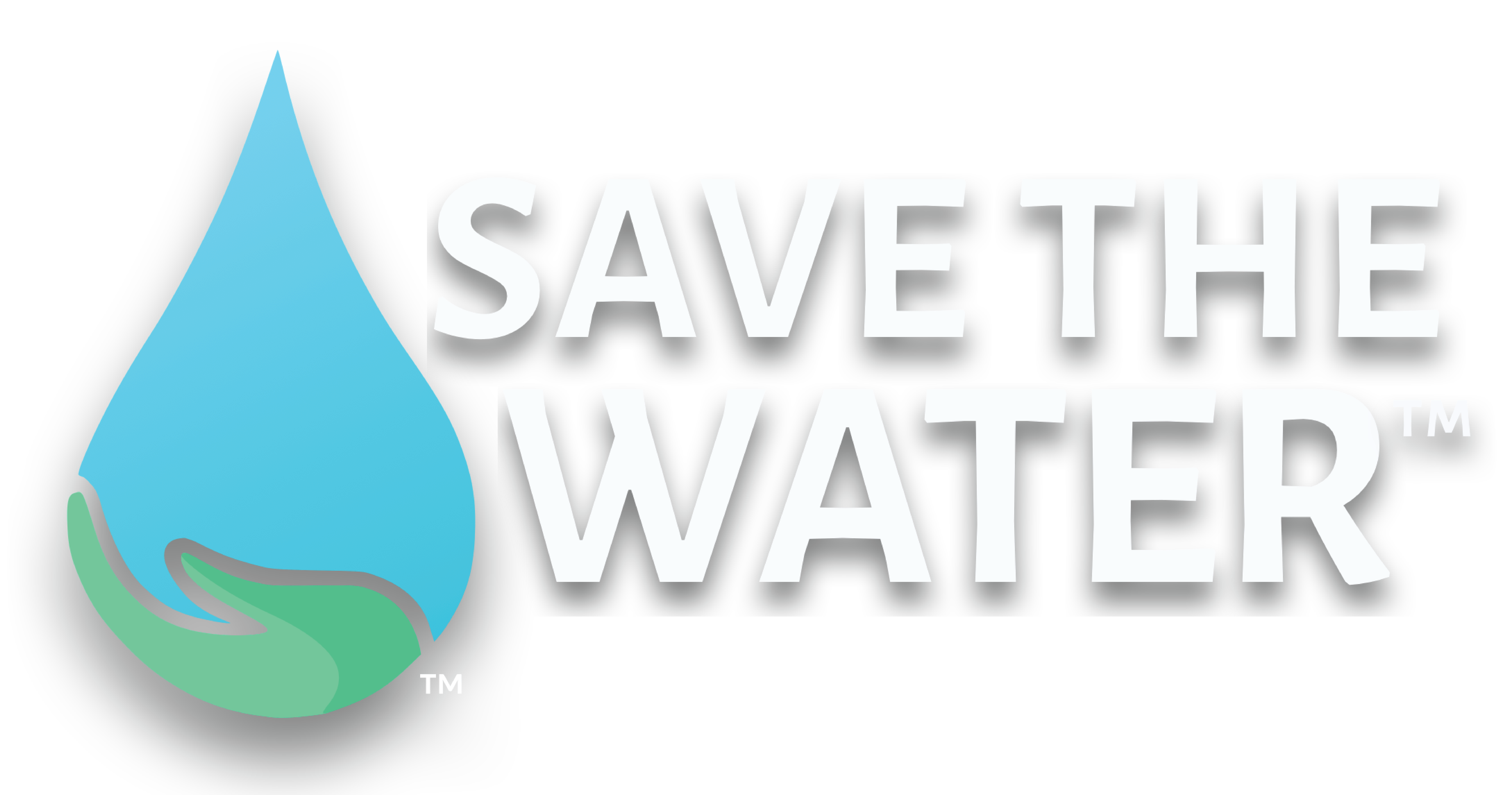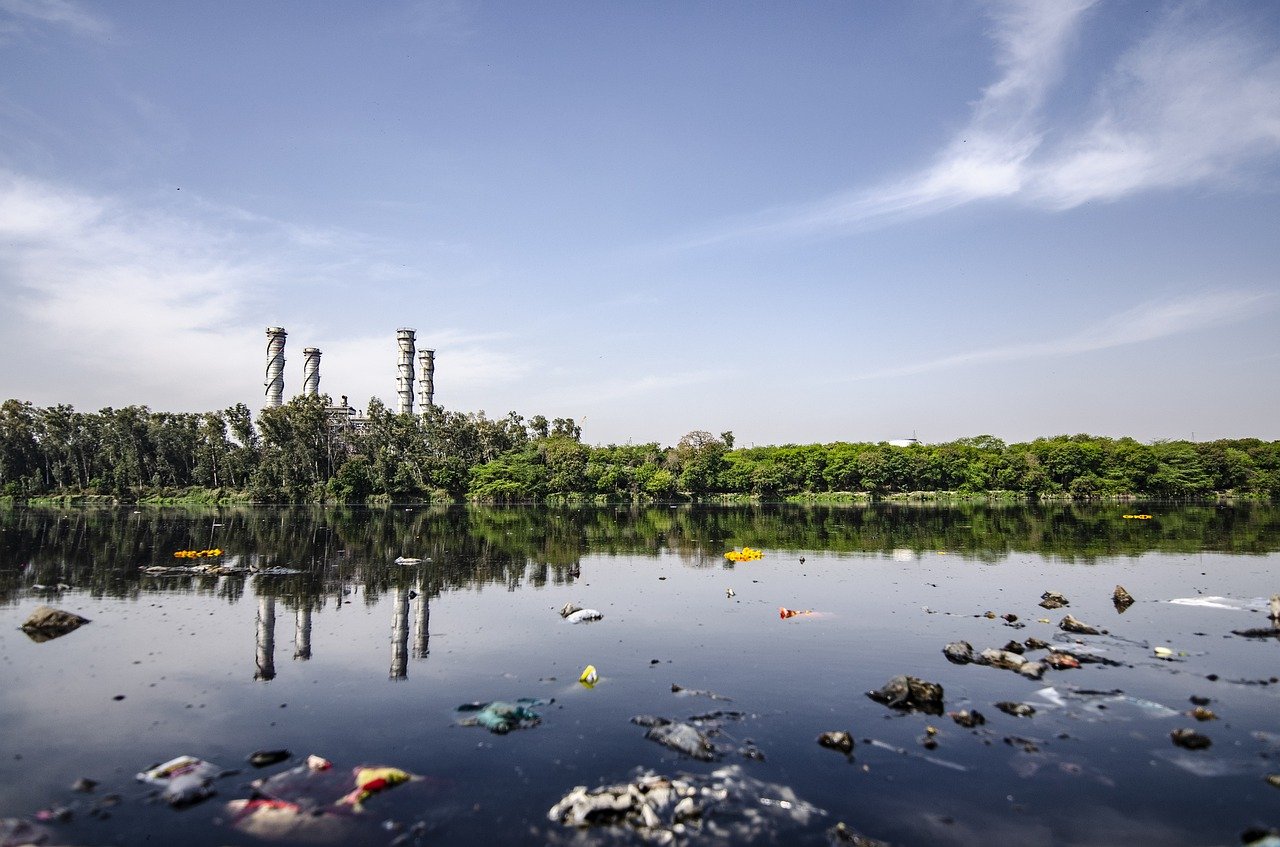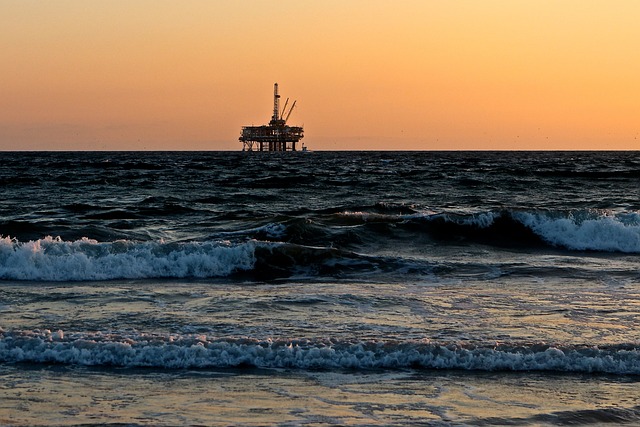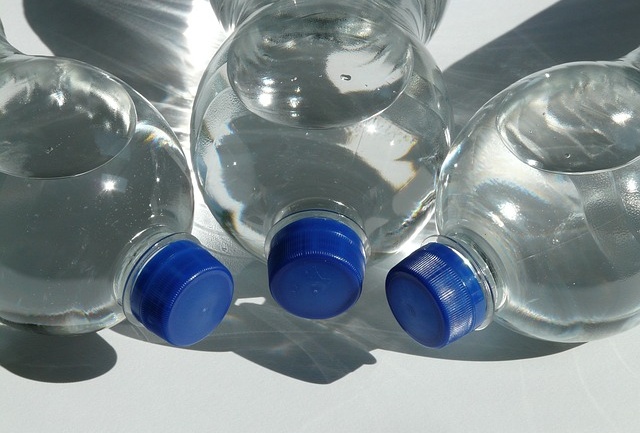By En Qi Teo, Staff Writer & Researcher for Save The Water™ | May 23, 2021
When we think of changing someone’s behavior, a “carrot or stick” motivational approach may come to mind. For example, if we want someone to stop polluting the rivers, we may use a stick, such as a punishment like a fine. If we want someone to help clean up the coasts, we may use a carrot, such as an incentive like a cash reward. However, behavioral economics has suggested trying to change people’s attitudes through a “nudge” instead in order to achieve desired outcomes. There is evidence that these small, yet strategic, pushes could work in promoting good habits to reduce harm to the environment, including the issue of water pollution.
What is a nudge?
Richard Thaler, founding father of nudge theory and Nobel Memorial Prize Laureate in Economics, has described a nudge as a “GPS for life that just made getting where you want to go easier, without ever commanding that you do something.” In other words, a nudge is a design choice that steers people towards a particular behavior. An example of a clever nudge that has been used to reduce cigarette litter is Hubbub’s ballot bins. These are bins in which people can throw their cigarette butts into one of two slots to cast a “vote” for their preference on questions such as “Who’s the best footballer in the world? Ronaldo or Messi?” These bins make it fun for people to get rid of their cigarette butts in a responsible manner and have been shown to decrease litter by up to 46%. Another example of a more common nudge is product placement in supermarkets, where more expensive items are placed at eye level to make it easier for shoppers to choose them.

Nudges and water pollution
Nudges have been tested out in an attempt to reduce water pollution, or even to help people purify water as well. In general, nudges for pro-environmental behavior activate people’s other-regarding preferences such that they focus their actions for the good of the group, and not just for their own personal benefit. While we have the blunt tool of regulation to enforce certain behaviors, researchers have found in a study done in Scotland that trying to change attitudes with nudges may be more useful than using strict regulation in getting farmers to adopt voluntary measures to reduce water pollution. They found that farmers who are subject to the Scottish Nitrates Directive, which earmarks certain zones for restrictions to combat nitrate pollution, may act in resistance as a result. These farmers believe that pollution isn’t a major issue and reject that regulation should be imposed on them, thereby refusing to take any further voluntary action. Therefore, nudges could be more effective in encouraging farmers to address the issue of water pollution, as they are subtle and not as severe as other types of government legislation
Another type of nudge theory, which is peer-pressure based, has also been applied to these types of situations since we all know that peer pressure is a powerful motivator. People tend to want to do what they see others doing as well. Peer pressure nudge-theory has been applied in various situations, such as convincing people to save more money by showing them their peers’ savings, and to conserve electricity by giving them report cards comparing their electrical usage to their neighbors’. In a study published this year, researchers investigated the effect of informing companies of the decisions similar peers nearby have made to reduce water pollution. They found that this increases their willingness to make comparable decisions as well.
However, it may not be true that a peer comparison will always have its desired effect. Another experiment published earlier in 2018 was done on German farmers in order to persuade them to follow a law intended to prevent agricultural runoff pollution. The researchers found that peer comparisons may cause some people to rebel and act against the desired outcome of the intervention. This paper also shows that peer comparisons may not be any more effective than simply informing farmers of the harm to the environment and health from such water pollution through showing them photographic evidence of damage done. Therefore, more research needs to be conducted on the conditions under which peer pressure may or may not work, and which methods may be more effective.

What kind of informational nudges work best then? It was found in 2001 that tailored messaging was more effective than non-tailored messages in trying to convince workshop managers in garages to change their behavior and reduce oil pollution in wastewater. Tailored messages refer to messages that take into account the current behavior of the workshop garages, and what they should aim to do instead. Researchers found in this study that non-tailored messages were hardly any more effective than no messages at all. This means that such nudges should be more targeted specifically to the audience, hopefully minimizing polluting activities as a result.
What are the next steps?
As governments increasingly implement nudge-based interventions, such as in areas ranging from cleanliness and hygiene to dealing with the COVID-19 pandemic, nudges become more important as a tool in public policy and solving water pollution issues. An example of this is how in 2012, Minnesota created the Minnesota Agricultural Water Quality Certification Program. This program assesses agricultural practices of local farms and awards certification to those farms which demonstrate sustainable and less pollutive operations, particularly when it comes to water quality. This creates social pressure across all farmers to do better. Overall, while more research is needed in order to find the most effective nudges to reduce water pollution, it is clear that the use of nudges has been promising thus far.




